|
Above are the global median views on what is morally acceptable across 40 countries as reported by the Pew Research Center in 2014. Immediately below are the specifics for what is considered morally unacceptable by Americans, with differences in Republicans and Democrats shown in separate columns. This delineation of what is morally acceptable by political party is fascinating when compared to other regions around the world. It clearly shows that the party that is most concerned with immigration and terrorism (particularly of the "radical Islamic" type) has far more in common with the regions they view as a problem than with Europe as a whole. Just to be crystal clear, Republicans are much closer to the Middle East in what they consider to be morally acceptable than they are to Europe as a region, a fact I'm sure they would find shocking and immediately attempt to discredit or deny as false. Extramarital affairs: This is found to be morally unacceptable by 65% of Europeans, 78% of Democrats, 91% of Republicans, and 93% of people in the Middle East. Gambling: This is found to be morally unacceptable by 32% of Europeans, 23% of Democrats, 30% of Republicans, and 91% of people in the Middle East. Abortion: This is found to be morally unacceptable by 26% of Europeans, 39% of Democrats, 68% of Republicans, and 54% of people in the Middle East. Alcohol use: This is found to be morally unacceptable by 20% of Europeans, 20% of Democrats, 17% of Republicans, and 75% of people in the Middle East. Homosexuality: This is found to be morally unacceptable by 16% of Europeans, 31% of Democrats, 54% of Republicans, and 92% of people in the Middle East. Premarital sex: This is found to be morally unacceptable by 11% of Europeans, 25% of Democrats, 46% of Republicans, and 90% of people in the Middle East. Divorce: This is found to be morally unacceptable by 10% of Europeans, 17% of Democrats, 37% of Republicans, and 23% of people in the Middle East. Contraception use: This is found to be morally unacceptable by 4% of Europeans, 6% of Democrats, 8% of Republicans, and 14% of people in the Middle East. From this data, it is evident that Republicans are actually less liberal than the Middle East on a couple issues, namely abortion and divorce. Of course, this is not the whole story. A 2015 Gallup survey found that Americans are becoming more liberal on the whole. Even with all this positive change in the liberal direction, Americans still have a shocking distance to go. Besides birth control, between 20% and 89% Americans find everything on the list below morally wrong. If we look at differences in belief between religious and non-religious groups, we see that the Jewish faith on the whole is largely in alignment with the non-religious in their liberal beliefs, with the various Christian sects being far less liberal with the odd exceptions of the death penalty and wearing clothing made of animal fur where all are more or less in agreement. The less liberal beliefs above by Christian Americans are largely mirrored around the world by Muslims as well. A 2013 Pew poll and analysis found that Muslims around the world believe that prostitution, homosexuality, suicide, sex outside of marriage, drinking alcohol, abortion, and euthanasia are morally wrong. The same poll found overwhelming support within the international Muslim community that "a wife must obey her husband". Why This All MattersThe above data is important. As George Lakoff says, "All politics is moral". Lakoff has been studying cognitive science, politics, and morality for decades. He is one of the leading experts on the topic. He is not alone.
Jonathan Haidt of Harvard also believes that moral values are what divide us when it comes to politics and religion. Lakoff and Haidt are joined by sociologist Arlie Russell Hochschild of Berkeley and even Aristotle in his class work Politics, written over two millennia ago. This list could go on nearly indefinitely. Morality shapes our politics. For anyone with a liberal attitude, the above facts of the world are hard to swallow. For myself, it is crippling to realize just how much of an outlier I am. On nearly every issue above, I am with the minority. I believe anything not directly physically harmful, intentionally malicious, or actively oppressive is morally acceptable. That means I find extramarital affairs, gambling, homosexuality, abortion, premarital sex, alcohol use, divorce, contraception use, having children outside of marriage, medical research using stem cells, polygamy, cloning humans, doctor-assisted suicide, suicide, cloning animals, sex between teenagers, pornography, prostitution, and euthanasia as morally acceptable. I find the death penalty, medical research on animals, and wearing clothing made from animal fur to be generally morally unacceptable due to the three caveats stated above, with physical harm and active oppression being most relevant for disallowing these actions. Of course, all of the actions listed as morally acceptable by me can be unacceptable in specific instances. Prostitution and pornography are both clear examples that have many instances of morally unacceptable acts attached to them. However, the specifics do not make them innately morally objectionable in and of themselves. The notion that we all want the same things is lie. The notion that all Americans want what is best for the country is lie. I am vehemently opposed to the majority of American and global beliefs about morality. Of course, I believe I am right and others believe they are. The main difference is that some people resort to evidence and some resort to metaphysics and superstition. We can either agree that secular, liberal ideologies are the basis of free and open democracies or we can race to see which group will gain enough power to enforce their beliefs on others. I can only hope and continue to argue that the world, and America in particular, continue to shift to more liberal beliefs about what is morally acceptable. If you agree, please continue to voice your beliefs through voting and advocacy in whatever sphere you can.
1 Comment
This is a fascinating collection of evidence. I appreciate your putting it together, as well as clearly breaking down the numbers. All of this has me curious about similar statistics within the US based on a variety of demographic measures (though I expect my guesses are accurate).
Reply
Leave a Reply. |
Archives
November 2017
|
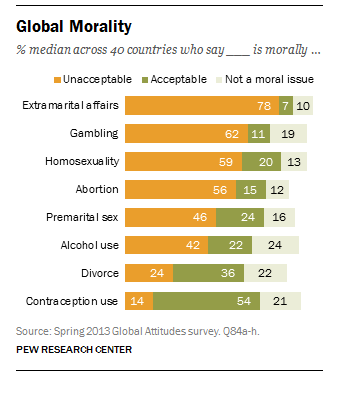
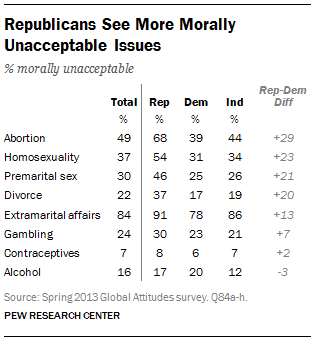
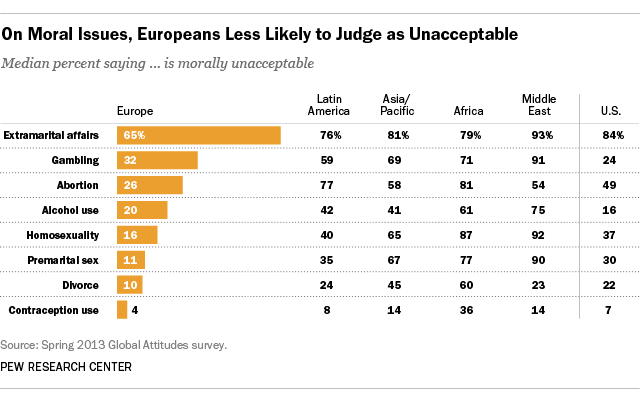
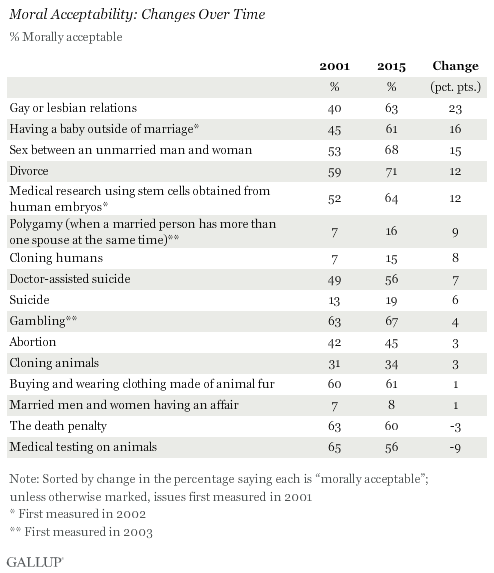
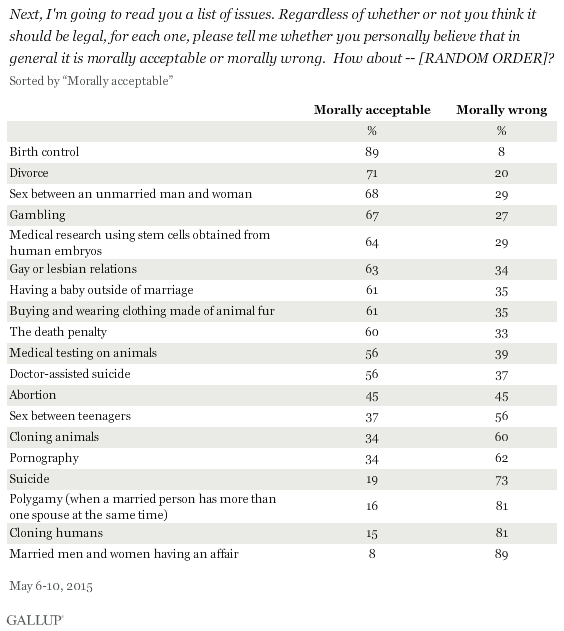
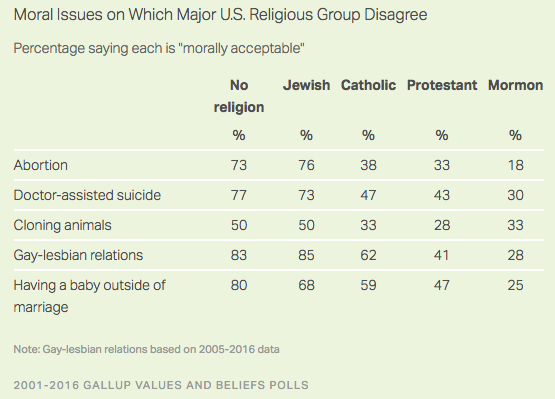
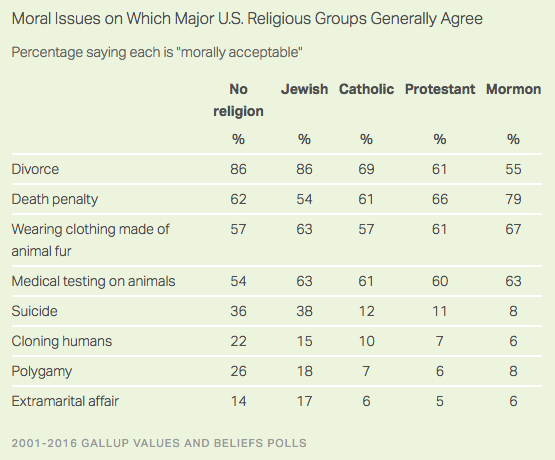
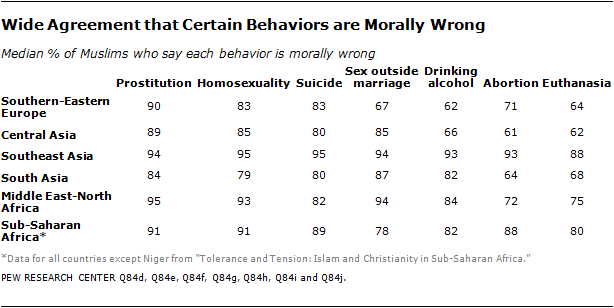
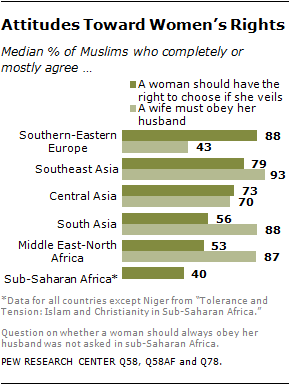
 RSS Feed
RSS Feed